Results Matter at Moreland University
We regularly measure our achievements and outcomes and take our accreditations and regulatory approvals seriously to ensure our candidates have the highest quality learning experience from a trusted institution.
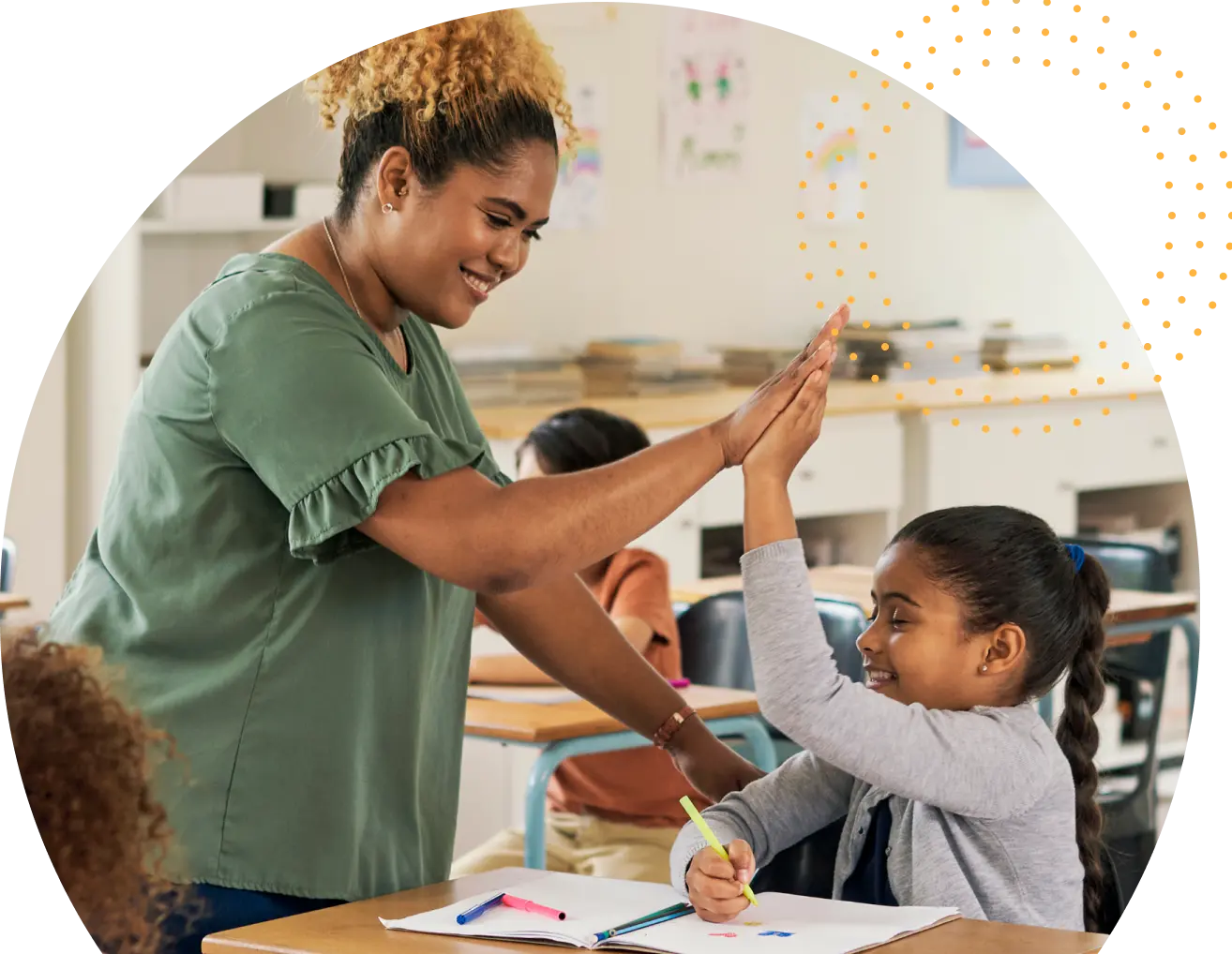
Our Accreditations and Approvals
Moreland University is proud to share the approval and accreditations earned for the exceptional
programs in teacher education.

Distance Education Accrediting Commission
Accredited by the Distance Education Accrediting Commission. The Distance Education Accrediting Commission is listed by the U.S. Department of Education as a recognized accrediting agency. The Distance Education Accrediting Commission is recognized by the Council for Higher Education Accreditation (CHEA).
You can find our DEAC Student Achievement Disclosure form here.

Council for the Accreditation of Educator Preparation
The Council for the Accreditation of Educator Preparation (CAEP) promotes excellence in educator preparation through content and pedagogy, clinical partnerships and practice, candidate recruitment, progression, and support, program impact, and quality assurance and continuous improvement.
Moreland University’s educator preparation program meets rigorous national standards for educator preparation set by the CAEP.
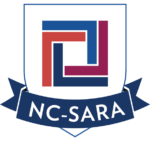
National Council for State Authorization Reciprocity Agreement
The National Council for State Authorization Reciprocity Agreements authorizes program providers to operate across state lines.
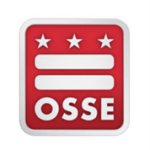
The Office of the State Superintendent for Education
The Office of the State Superintendent for Education reviews and approves all programs operating in Washington, DC, and leading to a teaching license.
Moreland is approved by OSSE to prepare individuals for an educator credential in DC.
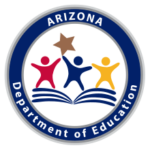
The Arizona Department of Education
The Arizona Department of Education reviews and approves all programs operating in Arizona and leading to a teaching license.
The AZ State Board of Education, Moreland’s certificate program is approved to prepare individuals for certification in AZ.
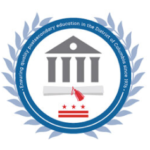
The Higher Education Licensure Commission
The Higher Education Licensure Commission (“HELC”, the “Commission”) is a Five-Member Mayoral appointed regulatory, consumer protection authority. They are responsible for public protection with regard to legitimate quality education in the District of Columbia.
This institution is licensed under the Degree Granting Institution
Rules of the District of Columbia.
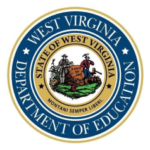
The Office of Certification at the West Virginia Department of Education
The Office of Certification at the West Virginia Department of Education provides for the approval of all permits, authorizations, and certifications for licensure for educators who wish to work in West Virginia’s public schools.
The WV Dept of Ed, Moreland’s cert program coursework is recognized for Option 3 towards WV licensure by the West Virginia Board of Education.

Organizational Partners
We work with excellent education organizations and communities.
Program Approvals

Distance Education Accrediting Commission
Accredited by the Distance Education Accrediting Commission. The Distance Education Accrediting Commission is listed by the U.S. Department of Education as a recognized accrediting agency. The Distance Education Accrediting Commission is recognized by the Council for Higher Education Accreditation (CHEA).

Council for the Accreditation
of Educator Preparation
Moreland University is accredited by CAEP at the initial teacher preparation level. Moreland University is approved to prepare candidates to earn an educator credential in the following areas by the District of Columbia Office of the State Superintendent of Education. These subject area programs are included in Moreland University’s CAEP accreditation: Art (all grades); Early Childhood Education; Elementary Education; Elementary Mathematics Resource (Endorsement); English as a Second Language (all grades); Health and Physical Education (all grades); Middle School English; Middle School General Education; Middle School Mathematics; Middle School Science; Middle School Social Studies; Modern Foreign Languages; Music-Vocal and Instrumental (all grades); Secondary Biology; Secondary Chemistry; Secondary Computer Science; Secondary English; Secondary General Science; Secondary Mathematics; Secondary Physics; Secondary Social Studies; Special Education (non-categorical).
CAEP Accountability Measures
CAEP Measure 1: Completer Impact and Effectiveness
Contribution to P-12 Student Learning Growth (PDF)
Application of Professional Knowledge, Skills, and Dispositions in the P-12 Classroom (PDF)
CAEP Measure 2: Satisfaction of Employers and Stakeholder Involvement
Satisfaction of Employers and Stakeholder Involvement (PDF)
CAEP Measure 3: Candidate Competency at Program Completion
Candidate Competency at Program Completion (PDF)
CAEP Measure 4: Ability of Completers to be Hired in Education Positions for Which
They Have Been Prepared
Data for Measure 4 is currently under development/not yet available due to a redesign of survey collection measures.
The EPP plans to implement a new completer survey and data for the measure are expected to be available to the public by June, 2023.

Moreland University – Education Taking Shape
It’s easy to get started with Moreland University. Connect with us to learn
more about our programs and how Moreland fits your career goals.